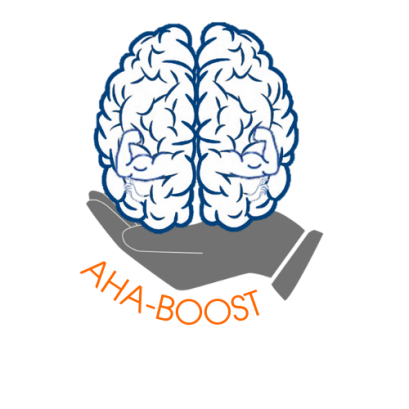
Deficiencies in arm and hand movements after a stroke are common and result in limitations in independence in activities of daily living and a reduced quality of life. There is still a need for a widely implementable therapy in the subacute rehabilitation phase that focuses on improving long-term arm and hand recovery after a stroke and provides significant benefits for both the patient and society. This project investigates whether an additional arm-hand intervention (AHA boost), compared to a dose-equivalent treatment, can improve long-term arm-hand activity and quality of life in patients hospitalized for clinical rehabilitation after a stroke. Additionally, the cost-effectiveness of this intervention will be examined.
A randomized controlled trial will be conducted in two independent rehabilitation centers in Flanders. Treatment outcomes will be evaluated just before and after the intervention, three months after the intervention, and 12 months after the stroke to assess the short-, medium-, and long-term clinical effects, as well as the cost-effectiveness during the first year after the stroke. During the study, the implementation process will also be investigated. This process evaluation will provide insight into the implementation process, and the mechanisms of action of the therapy will be uncovered.
In this project, the I-CHER researchers contribute to the implementation of the clinical trial and will further focus on the health economic evaluation and process evaluation regarding the implementation of this new approach in daily practice.
This project is funded by FWO-TBM (Research Foundation Flanders - Applied Biomedical Research with a Primary Social Finality) and is carried out by the Catholic University of Leuven, Jessa Hospital, and the Vrije Universiteit Brussel.
More information about the project can be found on the website: https://gbiomed.kuleuven.be/english/research/50000743/50000744/ahaboost…
Contact person for this project: Lisa Cruycke